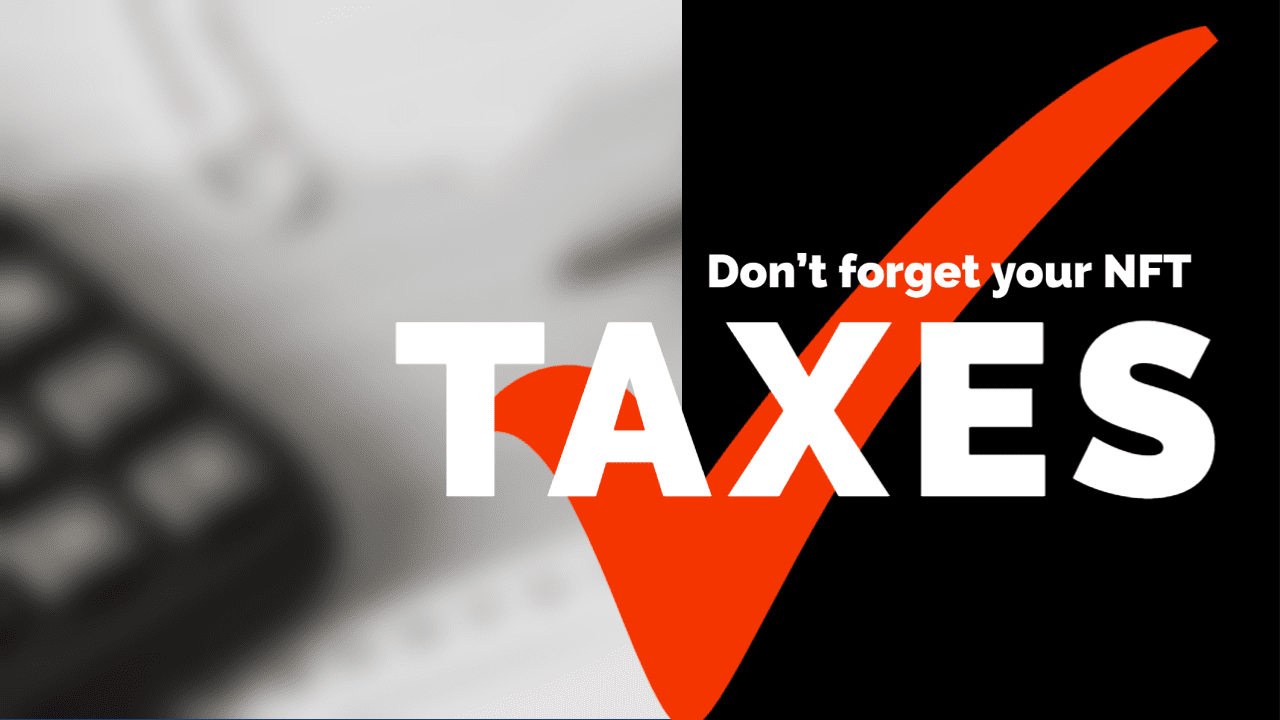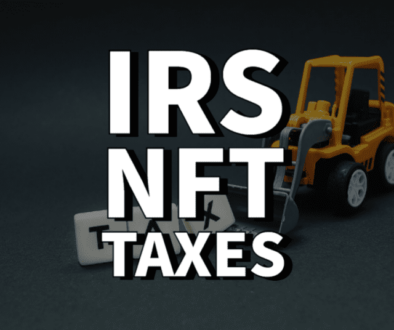How are NFTs Taxed?
*We are not Tax experts or advisors. Portions of this post are interpreted from TaxingCryptoCurrency.com. This is also not a sponsored post. If you have any questions please consult a tax expert.
The IRS has clear definitions as it relates to the taxation of digital or virtual currencies. This definition is defined as the following:
The sale or other exchange of virtual currencies, or the use of virtual currencies to pay for goods or services, or holding virtual currencies as an investment, generally has tax consequences that could result in tax liability.
The IRS issued IRS Notice 2014-21, IRB 2014-16, as guidance for individuals and businesses on the tax treatment of transactions using virtual currencies.
The IRS also published Frequently Asked Questions on Virtual Currency Transactions for individuals who hold cryptocurrency as a capital asset and are not engaged in the trade or business of selling cryptocurrency.
The IRS treats Virtual Currency as having the same value as real currency even if it is a substitute or “convertable.”
NFT Artist Tax Burden
At point of sale, the artist that sells the piece of art and collects ETH (or other token) for the transaction will incur ordinary income at the time and date of sale.
NFT Collector Tax Burden
A collector (not a flipper), can receive capital gain treatment for the asset they’ve collected, but are not allowed to take losses on the item.
- Hold less than 1 year, then the treatment will be ordinary income.
- Hold greater than 1 year, then the treatment will be as capital gains.
Unfortunately, because NFTs would most likely be classified as Art by the IRS, they are punished with the 28% capital gains rate. So for many people (combined tax AGI of less than $265k), the capital gains tax rate is actually an increase.
NFT Flippers or investor Tax Burden
Investors who buy and sell NFTs for profitable means (like cryptocurrency, day-trading, or other investment types) receive gain and loss treatment.
NFT Dealers Tax Burden
Dealers will be taxed like any business selling goods and services at ordinary income rates.
Crypto Tax Professionals suggest that:
Most crypto investors will be purchasing NFTs as a means of investment, and upon sale will have capital gain or loss treatment.



